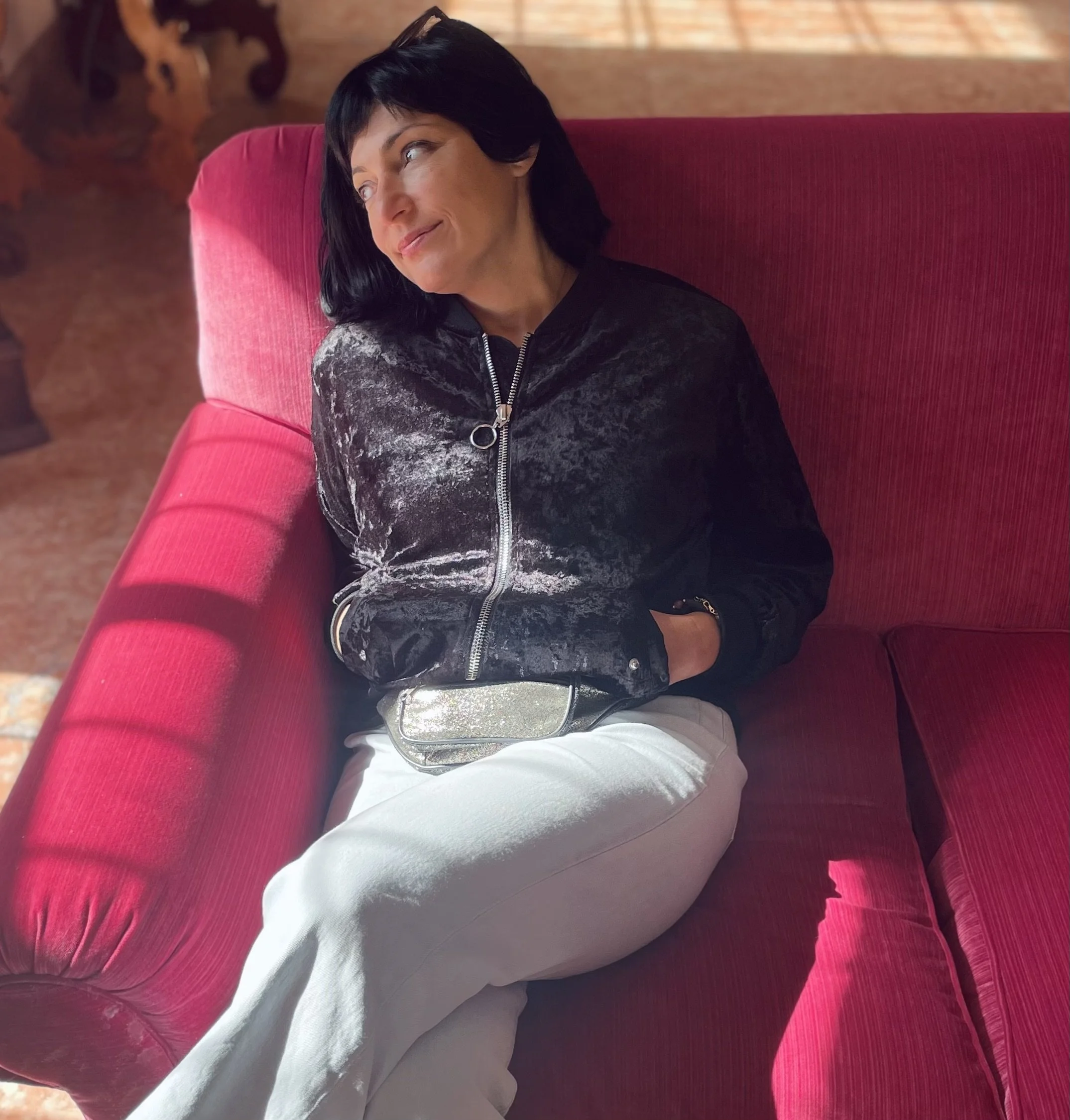The Roots of Self-Esteem
There’s a misconception that low self-esteem comes from not being successful enough. In my therapy practice, I constantly see people who are brilliant, interesting, and competent, and yet struggle with poor self-worth. For example, an amazing and accomplished musician I’ve worked with still feels like a failure any time some random person doesn’t appreciate one of her songs.
I experience these moments too. I was recently awarded a paid writer’s residency in southern France for a month. I stayed in a beautiful castle with other amazing artists. When I arrived, my reaction was disbelief. I was sure they’d chosen the wrong person, even though they repeatedly told us we’d been carefully selected from a group of 300 applicants! Instead of focusing on all the work I’ve done — writing every day for years, publishing articles, and even leaving my full-time job to pursue my dream — I started to compare myself to some of the most famous memoirists ever: Joan Didion, Elizabeth Gilbert, etc. How could I be here when people like them exist? But I caught myself, and remembered to look at facts, not vague comparisons.
Self-esteem isn’t a reflection of how we’re currently doing in life. It’s a reflection of belief-systems we picked up in childhood. When children are exposed to violent, neglectful, or unstable environments, they try to take control of what is happening by blaming themselves. Children rarely blame parents or teachers, because admitting adults aren’t in control is too scary. So they think, “I’m bad,” and try to gain command over the situation that way.
If adults fail to notice this, these negative self-beliefs will solidify, and kids will grow up with the habit of putting themselves in precisely those situations that confirm these beliefs. As the economist Thomas Sowell once said, repetition is often accepted as a substitute for evidence. We believe what we unconsciously repeat.
It’s like the old story of the baby elephant who’s repeatedly tied to a tree with a chaine. When the elephant grows up, he could easily break that chain, but because he’s used to it, he stays put. In the same way, when we don’t address our childhood belief-systems, we remain stuck to old ways of thinking, speaking, and doing.
The good news is that we can change our belief-systems. The first way, which is not often talked about in the mental-health world, is by practicing generosity and doing service. There’s a saying in Twelve Step programs, “To build self-esteem, do estimable acts.” In other words: self-esteem ultimately comes from action, not feeling. We can do the right thing, even when we don’t feel like it.
Last Sunday, I went to buy an almond croissant. The cashier gave me a bunch of change. When I got home and put the pastry and the money on the table, I realized he had given me an extra twenty dollars and hadn’t charged me for the croissant. At first, I was happily surprised: “It’s my lucky day!” But something didn’t sit right with me. What if the cashier gets in trouble? And even if he doesn’t, his action was a mistake, not a gift to me. So as much of a pain as it was, I had to go back and return the money. It felt so good to see the smile on his face.
The other way we can change our childhood belief-systems is by learning to communicate with ourselves more effectively. Just as in an external relationship, two people have to speak to each other in a way that is respectful, honest, and kind, we need to learn how to speak to ourselves in a way that honors us.
The other day, I got lost while riding a bike around Brooklyn. I caught myself getting very abusive in how I was talking to myself: “What’s wrong with you? You travel the world and can’t find your way around Bushwick?” So I reminded myself, “Would I speak this way to a friend?” Never. That’s how I knew I needed to change my self-talk. The truth is: I’m good at some things and not others, and that’s OK.
We often talk about positive affirmations, but before we can use these effectively, we have to notice our negative affirmations. When we’re talking to ourselves from a place of low self-worth, can we skillfully interrupt ourselves and bring more curiosity and compassion to what is happening? That’s how we break the little strings that keep us tied to the past.
You don’t have to compare yourself to anyone else, ever. Remember: those comparisons aren’t objective — they come from old childhood wounds. If you’re going to compare yourself to anyone, compare yourself to the person you were yesterday.

